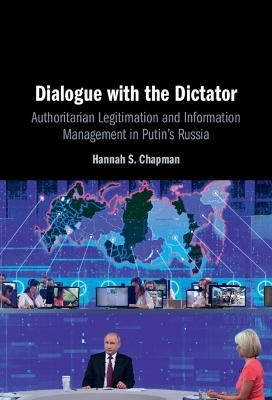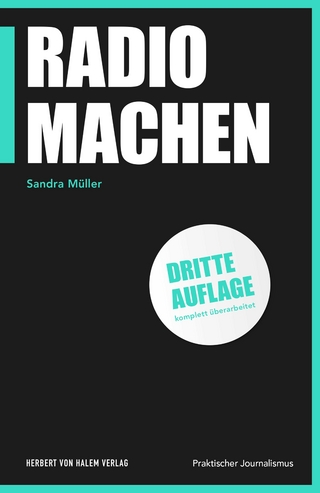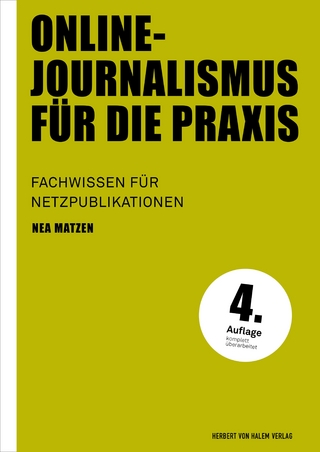
Dialogue with the Dictator
Authoritarian Legitimation and Information Management in Putin's Russia
Seiten
2024
Cambridge University Press (Verlag)
978-1-009-42752-4 (ISBN)
Cambridge University Press (Verlag)
978-1-009-42752-4 (ISBN)
Shows how autocrats structure interaction between citizens and leaders to manage information dilemmas and build regime legitimacy. Uses interviews, original surveys, and text analysis to highlight the tools used by Russian President Vladimir Putin to reinforce his now twenty-year rule—and how these tools may backfire against the regime.
Dialogue with the Dictator illuminates the ways in which authoritarian regimes structure interaction between citizens and leaders to simultaneously manage information dilemmas and build regime legitimacy. In doing so, it demonstrates the conditions under which managed participation can reinforce or jeopardize authoritarian control. Chapters uncover how these tools are viewed from the perspective of the public and the mechanisms through which they influence attitudes toward authorities. By cultivating limited opportunities for participation in otherwise closed political systems, autocrats bolster regime legitimacy while still maintaining control of the means and content of communication. These tools ultimately reinforce and entrench autocratic leaders rather than contributing to increased prospects for democracy – but not without consequences. Combining interviews, original surveys, and text analysis, the book provides a novel theoretical framework for understanding managed participation under authoritarianism and explains both its benefits and potential consequences for authoritarian regimes.
Dialogue with the Dictator illuminates the ways in which authoritarian regimes structure interaction between citizens and leaders to simultaneously manage information dilemmas and build regime legitimacy. In doing so, it demonstrates the conditions under which managed participation can reinforce or jeopardize authoritarian control. Chapters uncover how these tools are viewed from the perspective of the public and the mechanisms through which they influence attitudes toward authorities. By cultivating limited opportunities for participation in otherwise closed political systems, autocrats bolster regime legitimacy while still maintaining control of the means and content of communication. These tools ultimately reinforce and entrench autocratic leaders rather than contributing to increased prospects for democracy – but not without consequences. Combining interviews, original surveys, and text analysis, the book provides a novel theoretical framework for understanding managed participation under authoritarianism and explains both its benefits and potential consequences for authoritarian regimes.
Hannah S. Chapman is the Theodore Romanoff Assistant Professor of Russian Studies and an Assistant Professor of International and Area Studies at the University of Oklahoma.
1. Introduction; 2. A Theory of Participatory Technologies; 3 Varieties of Participatory Technologies in Non-Democracies; 4. The Direct Line with Vladimir Putin; 5. Information Management, Performative Governance, and Image Making in The Direct Line; 6. Manufacturing Consent: The Impact of Participatory Technologies on Political Attitudes; 7. Who Buys In? The Conditional and Polarizing Effects of Participatory Technologies; 8. Conclusion.
| Erscheinungsdatum | 13.02.2024 |
|---|---|
| Zusatzinfo | Worked examples or Exercises |
| Verlagsort | Cambridge |
| Sprache | englisch |
| Gewicht | 504 g |
| Themenwelt | Sozialwissenschaften ► Kommunikation / Medien ► Journalistik |
| Sozialwissenschaften ► Politik / Verwaltung | |
| Wirtschaft | |
| ISBN-10 | 1-009-42752-0 / 1009427520 |
| ISBN-13 | 978-1-009-42752-4 / 9781009427524 |
| Zustand | Neuware |
| Informationen gemäß Produktsicherheitsverordnung (GPSR) | |
| Haben Sie eine Frage zum Produkt? |
Mehr entdecken
aus dem Bereich
aus dem Bereich
Fachwissen für Netzpublikationen
Buch | Softcover (2024)
Herbert von Halem Verlag
39,00 €


